On Public Service
By Lloyd Ultan
Exactly what constitutes public service? To most people, what first comes to mind is government work. There can be no doubt that such people enshrined in the Hall of Fame for Great Americans as George Washington, Alexander Hamilton, Thomas Jefferson, James Madison, Abraham Lincoln, Theodore Roosevelt, Woodrow Wilson, and Franklin D. Roosevelt served the people. Their actions in advancing the welfare of the nation and the interests of the public during their lifetimes are well documented and are found in the history books. However, is this the only way for a person to engage in public service?
Certainly, Samuel F.B. Morse and Alexander Graham Bell by inventing telegraphy and the telephone respectively engaged in public service by extending commutations beyond the range of the human voice. Thomas Edison served the public by illuminating the night. Walter Reed who discovered the cause of yellow fever and William Crawford Gorgas who eradicated it in Cuba and Panama performed and enormous public service. Orville and Wilbur Wright through their invention of the airplane drew people from widespread continents closer together. All of these scientists and inventors served the public by improving the human condition.
There are other ways persons can engage in public service. Lawyers and jurists, such as John Marshall, Joseph Story, and James Kent, serve the public by upholding the rule of law. Religious leaders, for example Roger Williams, Jonathan Edwards, Phillips Brooks, Mark Hopkins, and William Ellery Channing, provide a code of ethics that guide the public. Military and naval commanders, including John Paul Jones, Ulysses Simpson Grant, and David Glasgow Farragut, serve the public by protecting the nation. Musicians and composers, such as Edward Alexander MacDowell, Stephen Collins Foster, and John Philip Sousa, uplift the souls of the people. So do actors, for instance Edwin Booth and Charlotte Saunders Cushman. Artists and sculptors, including James Abbott McNeill Whistler, Gilbert Stuart, Augustus Saint-Gaudens provide the public with beauty.
Authors and poets from Washington Irving, James Fenimore Cooper, Edgar Allan Poe, Walt Whitman, Henry Wadsworth Longfellow, Samuel Langhorne Clemens, and more marshal words to illuminate the human condition so that people can examine themselves. Educators, including Mary Lyon, Sylvanus Thayer, and Booker T. Washington, Emma Willard and Horace Mann, spread knowledge to increasing numbers of the public. Thus, millions of people, just by performing their own jobs in their own fields, contribute towards improving the lives and welfare of the people. This, too, is public service.



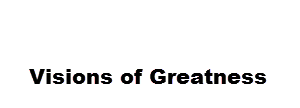
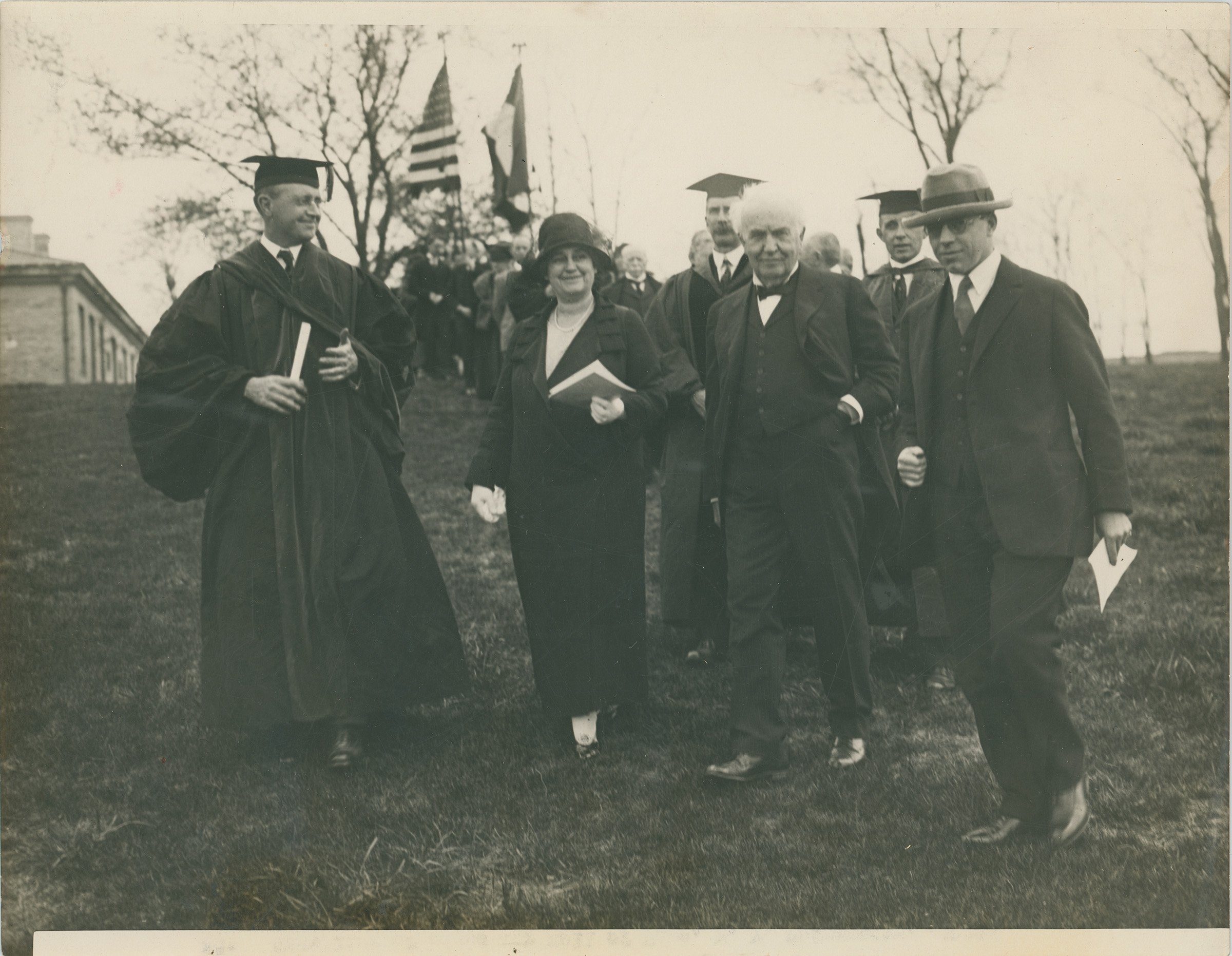
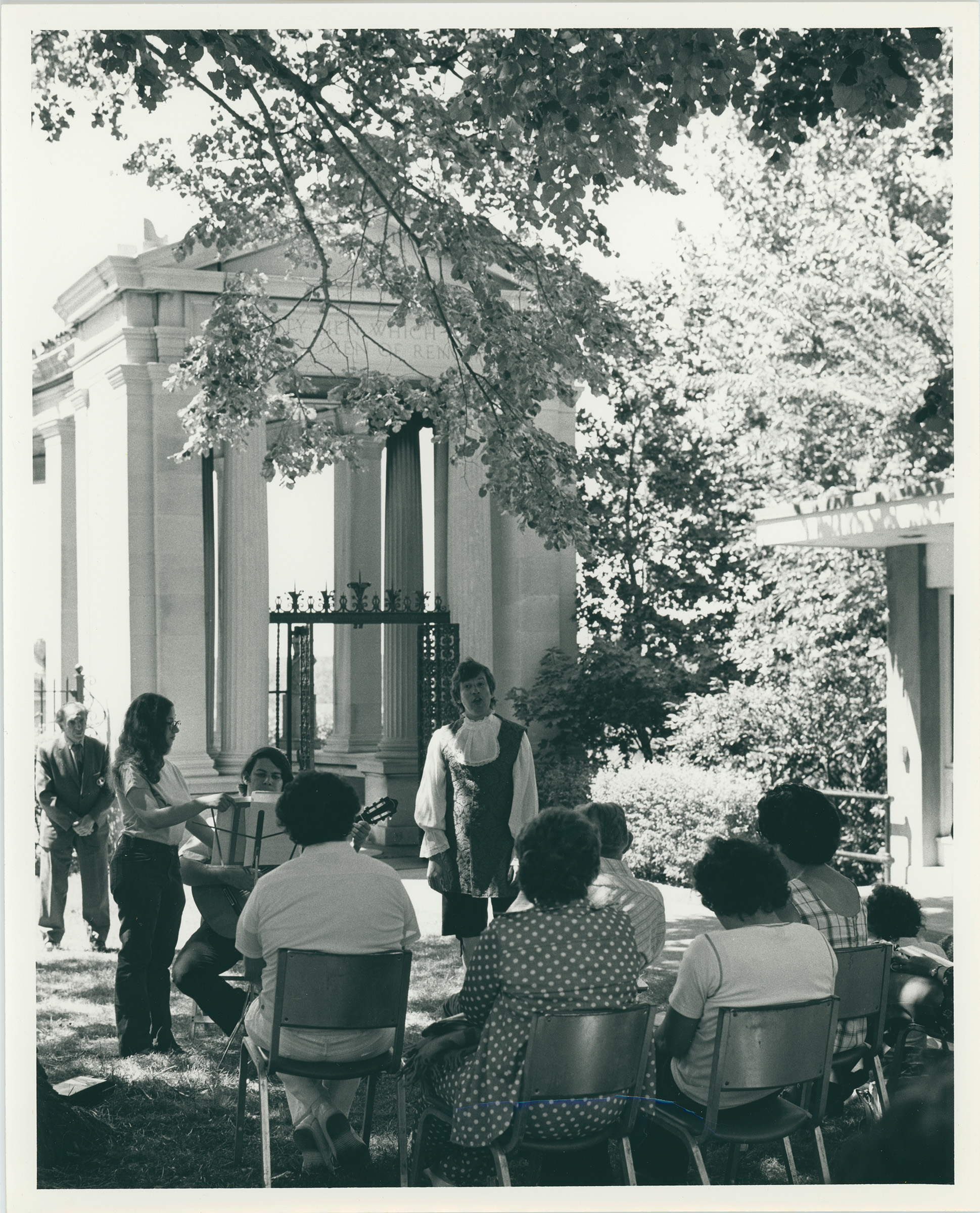
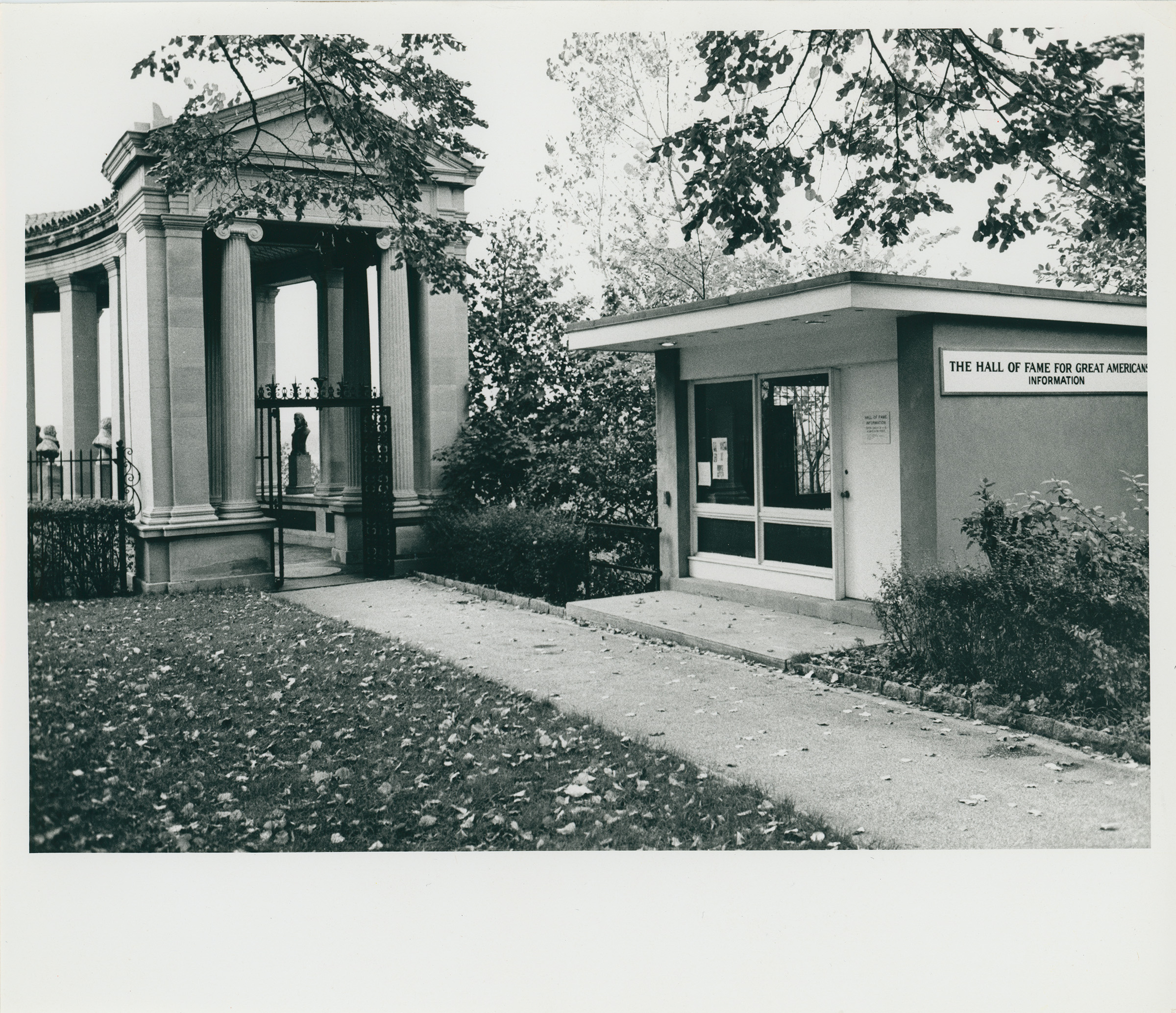
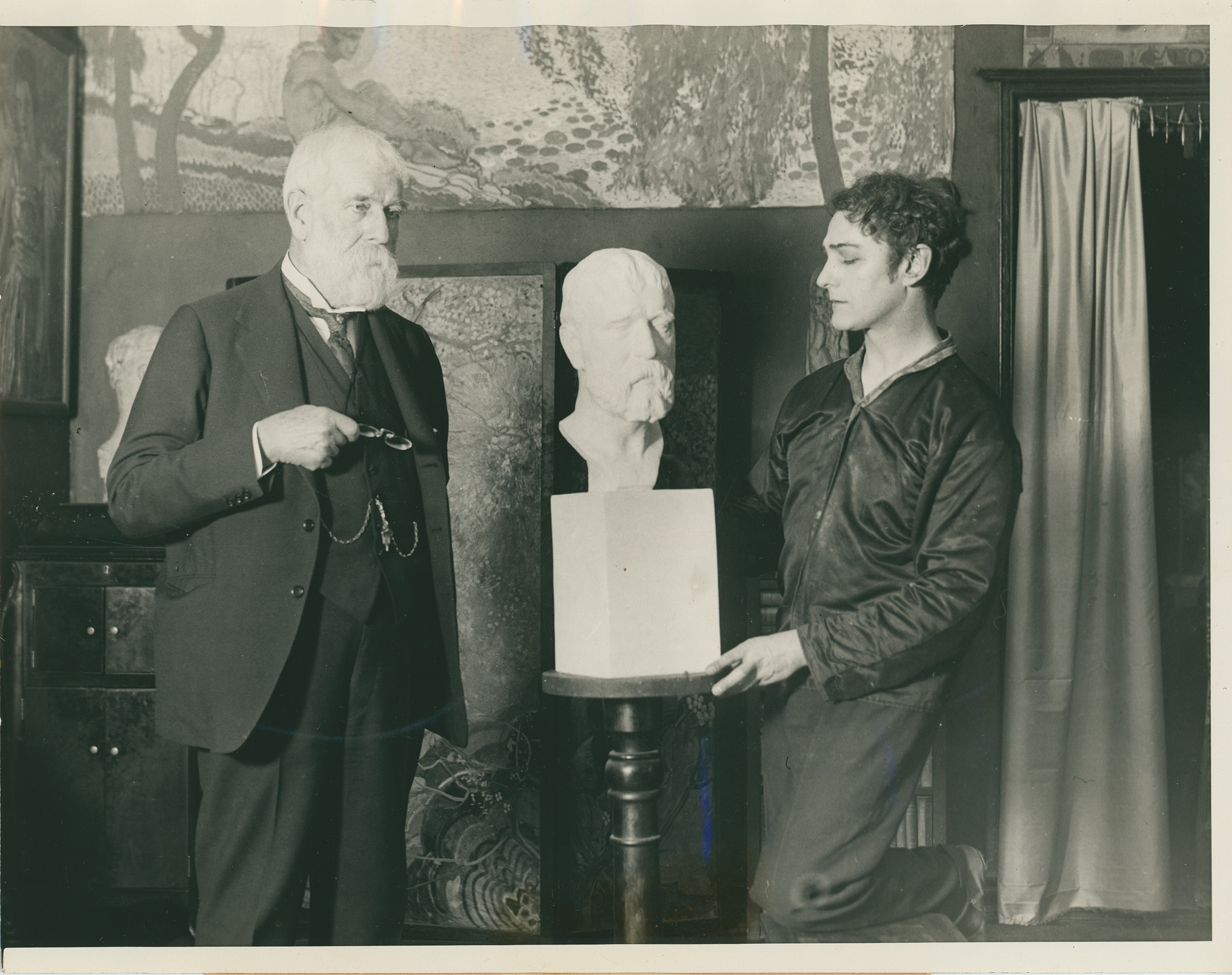
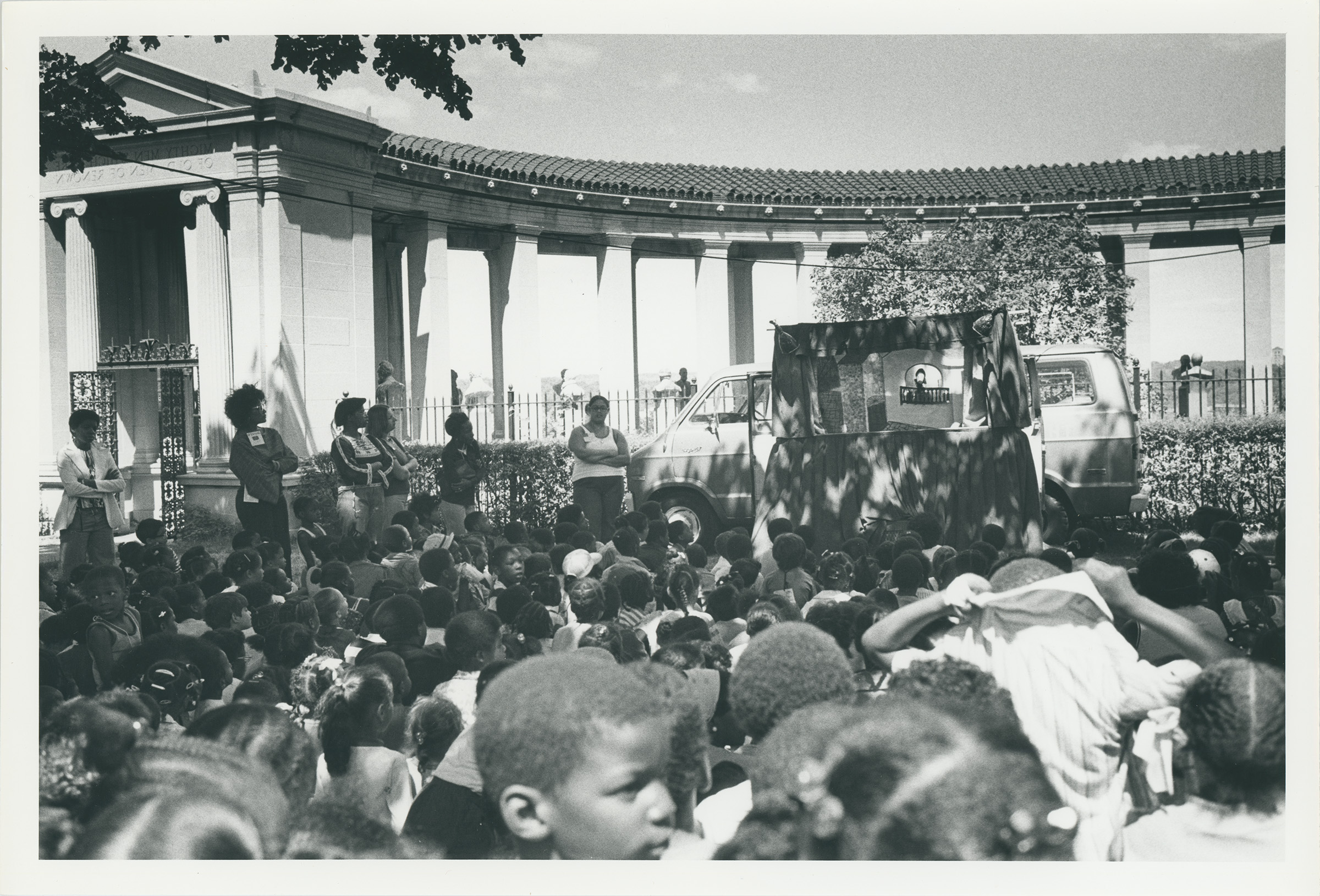


Recent Comments